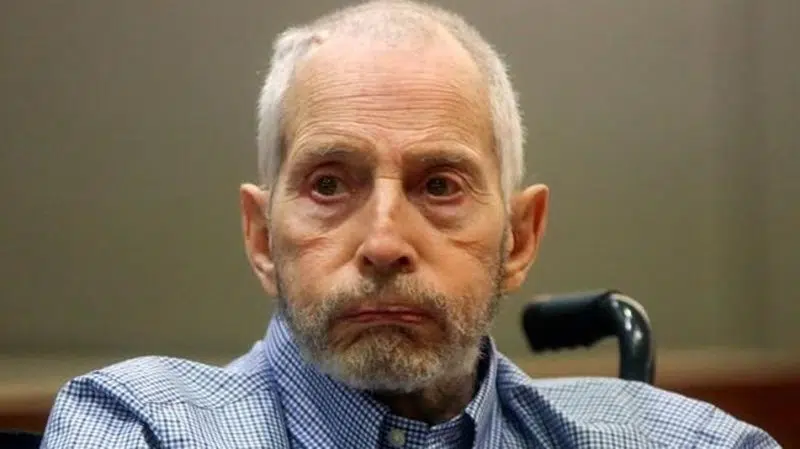
Jurors promised trial of their lives in Durst murder case
LOS ANGELES — A Los Angeles judge made a sales pitch of sorts Wednesday to a panel of would-be jurors facing the prospect of serving five months in the murder trial of Robert Durst: this will be a once-in-a-lifetime opportunity.
Where some judges appeal to a sense of public duty and explain how the jury system is a bedrock of democracy, Judge Mark Windham told potential jurors that they would never have the chance to sit in judgment of a more interesting legal proceeding.
“This is a fascinating case. If you’re going to have one trial where you’re going to be a juror, this is the trial” Windham said. “You’re never going to have an experience like this.”
He may be right. The life of the eccentric heir to a New York commercial real estate fortune has been the subject of a feature film starring Ryan Gosling as Durst, a six-part documentary and countless news stories over four decades.


